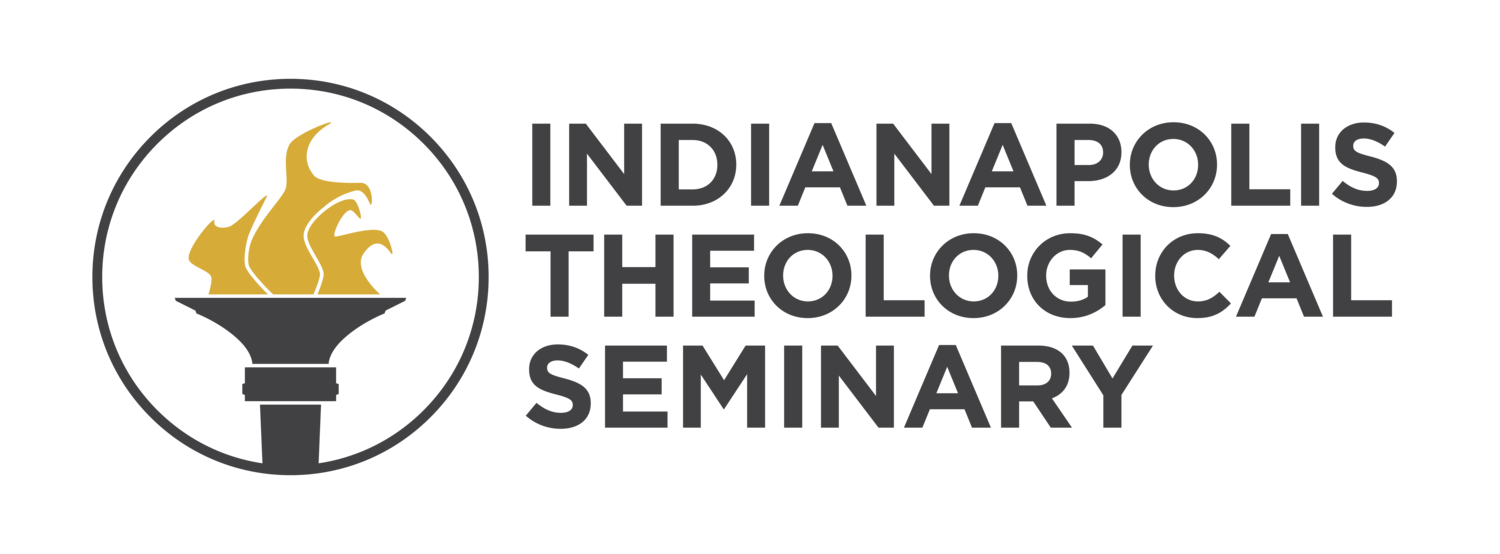That They May Know
“Why the Exodus?” a skeptic asks. Our first answer may be, “Because God wanted to redeem His people"(Exod. 3:8–10).
“Okay, but why redeem a people?”
To answer this thoughtful question, let's look at the heart of the Exodus account in Exodus 3–14. First, however, we will fly over the Exodus account to get the lay of the land, then we will look at a few verses that reveal the heart of God’s primary purpose in the Exodus from which flow all other purposes.
A Summary of the Exodus
The Exodus account was preceded by a problem that presented the need for rescue: “A new king arose over Egypt, who did not know Joseph” (Exod. 1:8), and this king enslaved Israel and murdered their children (1:11, 22). These devastating circumstances inspired their desperate cries (2:23).
In short, the Exodus is God’s favorable answer to Israel’s desperate cries. The account began with the appointment of the spokesperson, Moses, who would represent the name and power of God to Israel and to Egypt (ch. 3–4). With Moses in place, the signs and wonders began. Over the course of four chapters (7–10), the LORD turned the Nile to blood (7:20), covered the land of Egypt with frogs (8:6), flooded the air with gnats (8:17), swarmed Egyptian land with flies while protecting Israelite land (8:24), killed Egyptian livestock while protecting Israelite livestock (9:6), infested Egyptian people and beasts with painful boils (9:10), annihilated Egyptian property with severe, record-breaking thunder, hail, and fire while protecting Israelite property (9:23), overwhelmed the Egyptians, not the Israelites, with locusts (10:13), and blanketed the whole land of Egypt with a thick darkness (10:22). Before the final plague, the LORD instituted the Passover, where the households of Israel slaughtered an unblemished lamb and spread the animal’s blood on their doorposts. This act protected Israel from the most dreadful of the signs and wonders: the killing of every firstborn (12:29). Immediately after this slaughter of Egyptian firstborns, Israel ‘exited’ Egypt in haste. Traversing land and seafloor while the LORD stood with them, fought for them, and destroyed the Egyptian army.
This summary is what we call the Exodus. When God powerfully delivered Israel from the oppression of Egypt. We turn now to unearthing the purpose of the Exodus.
God’s Purpose in the Exodus
As we consider the question “What was God’s purpose in the Exodus?” we want to look closely at Scripture. When we do, we start to see key phrases sprinkled throughout that reveal the answer. In surveying the text, we may enumerate a handful of reasons for the Exodus: faithfulness to God’s promise (2:24; 6:5), redemption of God’s people (3:10; 6:6), worship (3:12), and so on. These reasons are true, but Scripture provides one overarching purpose in the Exodus, discernible through an intentional reading of God's word. In reading closely, we notice a refrain of sorts: “that they may know.” Before God began His signs and wonders, He spoke to Moses, “You shall speak all that I command you, and your brother Aaron shall speak to Pharaoh that he let the sons of Israel go out of his land. But I will harden Pharaoh’s heart that I may multiply My signs and My wonders in the land of Egypt. When Pharaoh does not listen to you, then I will lay My hand on Egypt and bring out My hosts, My people the sons of Israel, from the land of Egypt by great judgments. The Egyptians shall know that I am the LORD, when I stretch out My hand on Egypt and bring out the sons of Israel from their midst” (7:2–5). The LORD prefaced His signs and wonders in this way and continued to remind Moses, the Egyptians, and you, Scripture’s readers, of this purpose. When turning the Nile to blood, “By this you shall know that I am the LORD” (7:17). When removing the frogs from the land, “May it be according to your word, that you may know that there is no one like the LORD our God” (8:10). When protecting Israel’s land from flies while afflicting the Egyptians, “in order that you may know that I, the LORD, am in the midst of the land” (8:22). In speaking to Pharaoh after afflicting Egypt with boils, “For this time I will send all My plagues on you and your servants and your people, so that you may know that there is no one like Me in all the earth… But, indeed, for this reason I have allowed you to remain, in order to show you My power and in order to proclaim My name through all the earth” (9:14, 16). When relieving the thunder, hail, and fire, “that you may know that the earth is the LORD’s” (9:29). In telling Moses the reason for Pharaoh’s hard-heartedness, “that you may know [along with your children and grandchildren] that I am the LORD” (10:2). In promising to destroy the Egyptian army, “the Egyptians will know that I am the LORD (14:4, 18). Like a vein of gold running along a cavern wall, God’s purpose in the Exodus shines throughout this account.
The purpose of the Exodus is the spreading of the knowledge, fame, glory, and power of God, our great Sovereign, and gracious Redeemer, throughout the whole earth.
All God’s signs and wonders in the Exodus direct our gaze toward His unparalleled power, His unfailing faithfulness, and His unfathomable wisdom. It is, therefore, entirely appropriate for Moses and Israel to respond in song:
I will sing to the LORD, for He is highly exalted.
Who is like You among the gods, O LORD?
Who is like You, majestic in holiness, Awesome in praises, working wonders?
The LORD shall reign forever and ever.
(Exodus 15:1, 11, 18)


